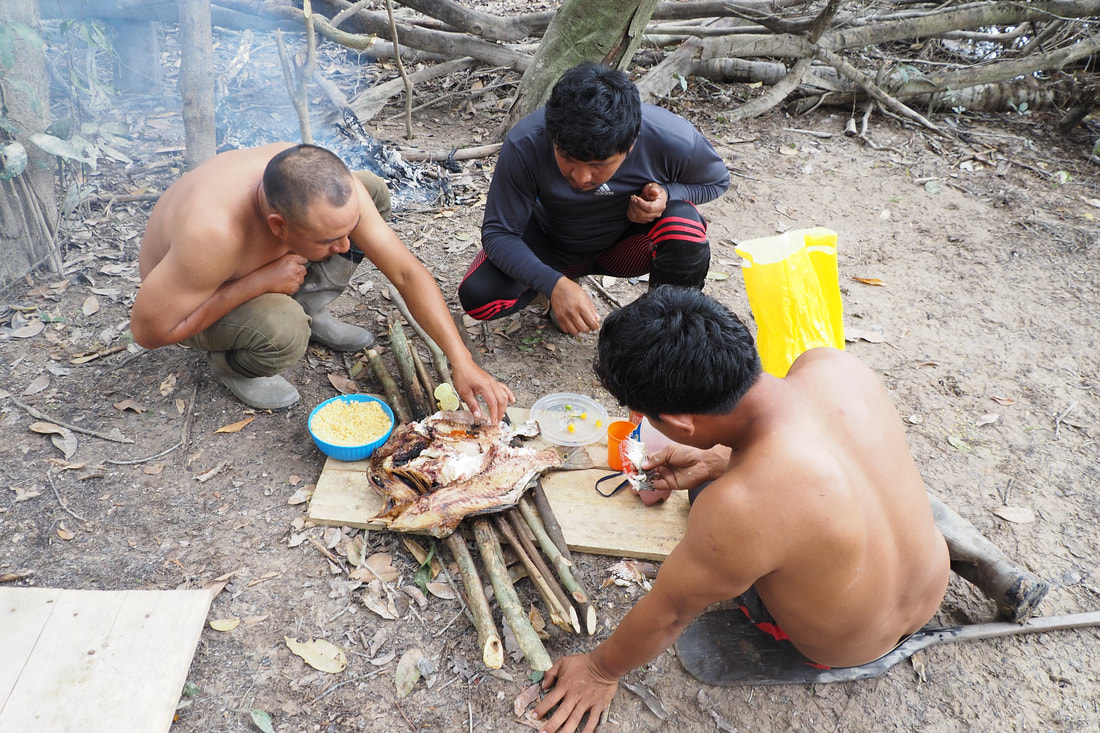 ADVENTURES IN KINDNESS Onhari! Onhari! the cry rises across the village, and gains momentum as one by one each person takes up the call as they hear it. There is a charge of excitement in the air; a returning hunting party has been unusually successful and it is time to celebrate. Quickly, the focus of the community turns to the umama yana, the large conical thatched building that is the communal meeting place and the heart of the village; steadily the people of Masekenari assemble in it over the next few hours as a feed up for all is prepared. Onhari! or ‘come to eat!’ is central to Wai Wai culture and I have come to spend a month in the most remote village in Guyana to understand this idea more deeply. The population of Maskenari is 310 and these are the only people living in the 650,000 hectares of primary rainforest that represents the Konashen Protected Area. It took one week to reach the village which lies in the south eastern extent of the Amazon. The journey encompassed a light plane flight, 180 kilometres by 4x4 vehicle and then 170 kilometre on the Kuyuwini and Essequibo rivers, during which, me and Shushu, my Wai Wai guide, lived in the forest, hunting and fishing on the way. For Wai Wai, sharing is essential to the success of the community. So, when a family kill a large animal such as a tapir, or more peccaries than they need, they do not hoard the meat but call onhari and prepare a feast to share with rest of the village. The toshao’s (chief’s) wife, Pinia explained to me, “it is hard to see deep into people’s hearts but when we share and eat together, we are better able to show what’s in our hearts and see what’s in the hearts of others.” For Wai Wai, sharing is as much a ritual of connection as it is a practical way to ensure resources are evenly distributed. To this end, the toshao, Paul Chekema, operates a one plate policy during meal times when he is away from Masekenari. To set an example, he asks everyone to eat from his plate in order to remind them that everything he has is there to be shared. Ideas of sharing and collaboration are threads of the idea of kindness that are woven into every part of Wai Wai life. Charakura expanded while sitting next to the fire in his hut, “kindness is most important as if you show it, there will be more good living for everyone. It is also most important to listen and when you do so, do so as if you know that it is a true story [as] the person will feel supported if they know that others believe them and are listening well.” The importance of making time to attend to others purposefully was reiterated by Maripa. “if you are kind, others will respect you. Being kind means many things, showing respect to others, having good manners and acting decently; it means finding the time to stop and talk and check in on each other.” It would be easy to dismiss such values of kindness, connection and sharing as being less relevant outside of this remote social group but that would be to ignore the Wai Wai’s lived experience. The achievements of the toshao and people of Masekenari are impressive. They were the first Amerindians in Guyana to successfully be awarded the rights to their lands and they were also the first Amerindians in the country to manage a legally recognised conservation area, which is the largest protected area in the country. To achieve this, the Wai Wai had to negotiate with the federal and state governments and the toshao still regularly meets with ministers and even the president on occasion. In short, offering kindness and building felt and empathic connections has led to incredible strategic success, which in turn has secured an autonomous sustainable future for this distinct ethnic group. To quote John Amaechi, “Accountability does not die with warmth.” I have made it a personal mission to reclaim the word kindness, as like the Wai Wai, I believe it is central to the success of any group. Kindness leads to the environment of safety we need to connect with truth and that promotes trust, which is the all-important glue that binds people meaningfully together. As I write this, I find myself reflecting on working with the horses of Suddene Park farm, who create the opportunity to explore felt connection, compassion and attendance across our relationships, including our relationship with ourselves. I can’t think of a more powerful example of onhari than the sharing of the experiences and lessons we find in our interactions with these wonderful horses. I like to think the Wai Wai would recognise the eh-tuashoté (Wai Wai for kindness) in these relationships and feel the graceful joy at the heart of our two and four-legged herd. Justin Featherstone MC FRGS FRAI Photos left to right:
Kaiway is 91 and the last man in Masekenari to undergo the traditional rituals from boy to manhood Giant river otters Three toed sloth Top of page: Shushu, Kwang and Stephen sharing a peacock bass on the banks of the Essequibo.
0 Comments
Your comment will be posted after it is approved.
Leave a Reply. |
NewsWelcome to our news page. This is where we keep all the interesting stuff as and when it happens. We hope you find it interesting, inspiring and informative.
Categories
All
latest eventsLoading... NEWS Archive
December 2023
|
LOCATION: Suddene Park Farm, Wolfhall Road, Burbage, Marlborough, Wiltshire
Registered address for correspondence only: Equest Limited, 126 High St, Marlborough SN8 1LZ, United Kingdom | Company registration number: 07713922
Registered address for correspondence only: Equest Limited, 126 High St, Marlborough SN8 1LZ, United Kingdom | Company registration number: 07713922
© 2014-2020 Equest Limited. All rights reserved | Photos by Emily Corcoran Photography | PRIVACY AND COOKIES POLICY | Website design by Bright Blue C

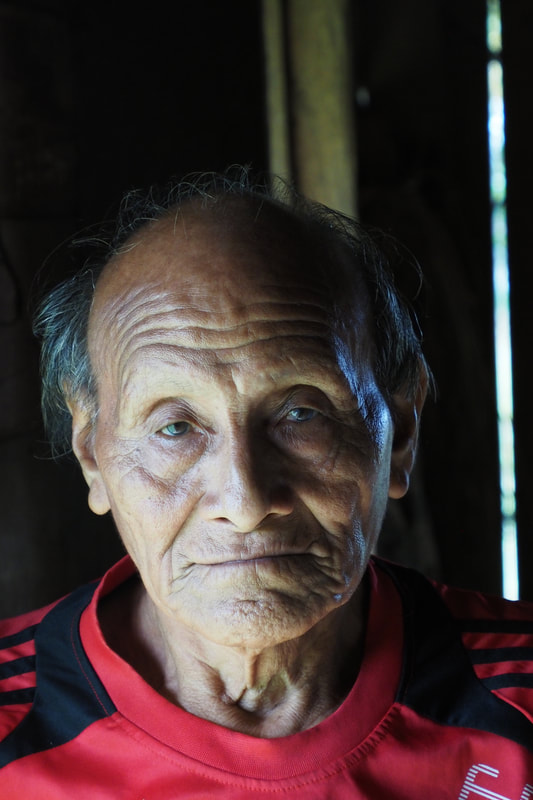
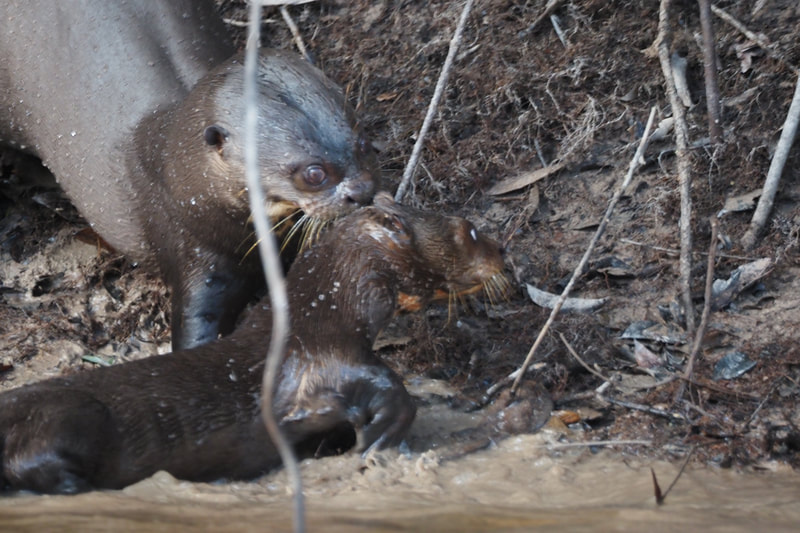
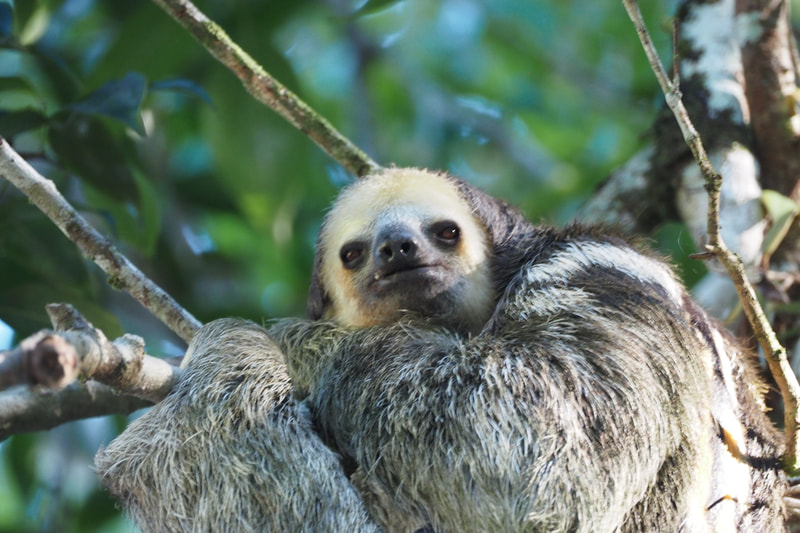
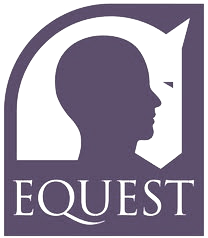
 RSS Feed
RSS Feed